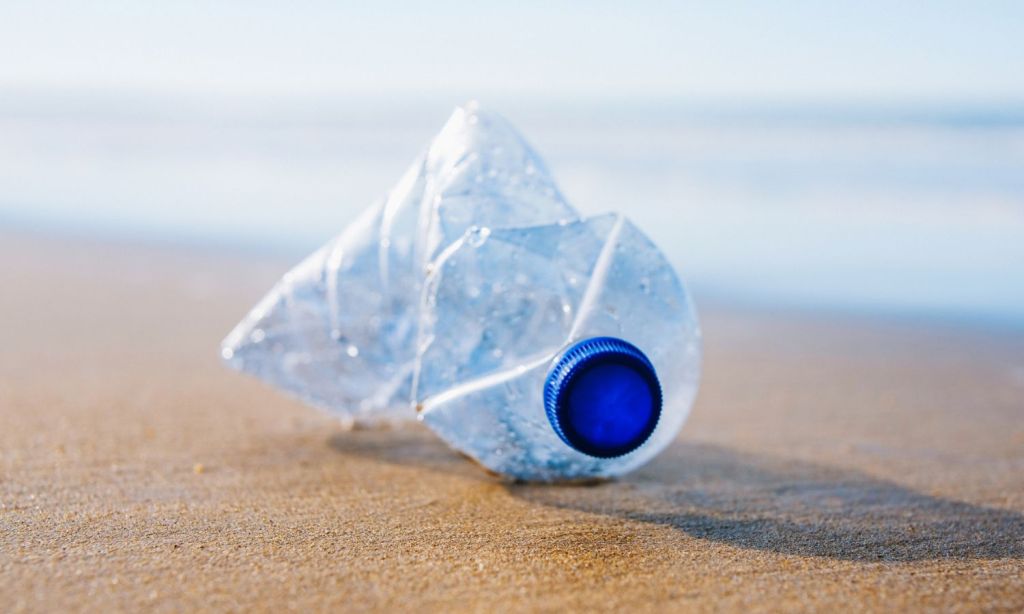The Latch has partnered with Suncorp Bank to deliver sustainability content that helps helps our readers drive positive action in their every day lives.
It’s no secret that plastic is a huge issue when it comes to climate change. In Australia, over one million tonnes of annual plastic consumption is from single-use plastic, and according to a report by Clean Up Australia (an Australian charity that inspires and empowers communities to clean up, fix up and conserve the environment), approximately 130,000 tonnes of plastic leaks into the marine environment every year.
The same report by Clean Up Australia tracked data from volunteers who pick up trash throughout the year, and it revealed that half of all single pieces of rubbish that were picked by volunteers in 2021 were made entirely from plastic or contained some form of plastic. As we said, plastic is a huge issue.
But the appeal of plastic — its durability and resistance to degradation — is exactly what makes them such a pervasive pollutant. Pip Kiernan, Chairperson of Clean Up Australia, laments that “plastic will outlive us all as it does not biodegrade, nor is it digestible. Instead, large plastic pieces only break into smaller fragments, called microplastics”.
Plastic marine litter affects at least 77 species of marine wildlife found in Australian waters by entanglement in, or ingestion of, plastic debris, and this has been the case for the last three and a half decades.
So, where exactly does this trash come from, and why should we be so concerned with fixing the problem?
Plastic rubbish arrives at our shores, wave after wave, from the litter on land and also dumping that happens at sea. The trash varies from frequently found items like used nappies, face masks, cigarette butts, plastic water bottles, fish nets, ropes, and buoys, to more pervasive and difficult-to-pick microplastics; formed when single-use plastic items disintegrate into little shards that are no more than 1-3mm long and disguise themselves in the sand.

All of this can’t be solved overnight by just one person or party. But, the good news is that we can make a difference to turn the tides. Beach clean-ups have been significantly improving the quality and cleanliness of beaches in the last few years. Local governmental and community efforts have reduced waste by up to 30% across all parts of Australia.
In recent years, some Australian states have banned the use of single-use plastic bags since 2011. Just this week, a full ban on single-use plastics came into effect in the state of New South Wales. Developments like this work hand-in-hand with individual action.
As cliche, as it might sound, no one person is too small to make a difference. Take, for example, the founder of Clean Up Australia, Ian Kiernan, who described himself as an “average Australian bloke” who had a simple idea to make a difference in his own backyard. This has now become the country’s largest community-based environmental event.
“A collaborative effort between business, community and governments is required to solve our waste challenges . . . but it is important not to underestimate the power of the individual”, advises Kiernan. “From picking up litter on a beach to making informed purchasing choices, and recycling properly and reducing our food waste — there are a myriad of ways we can all take steps towards living more sustainably.”
Read more stories from The Latch and subscribe to our email newsletter.







